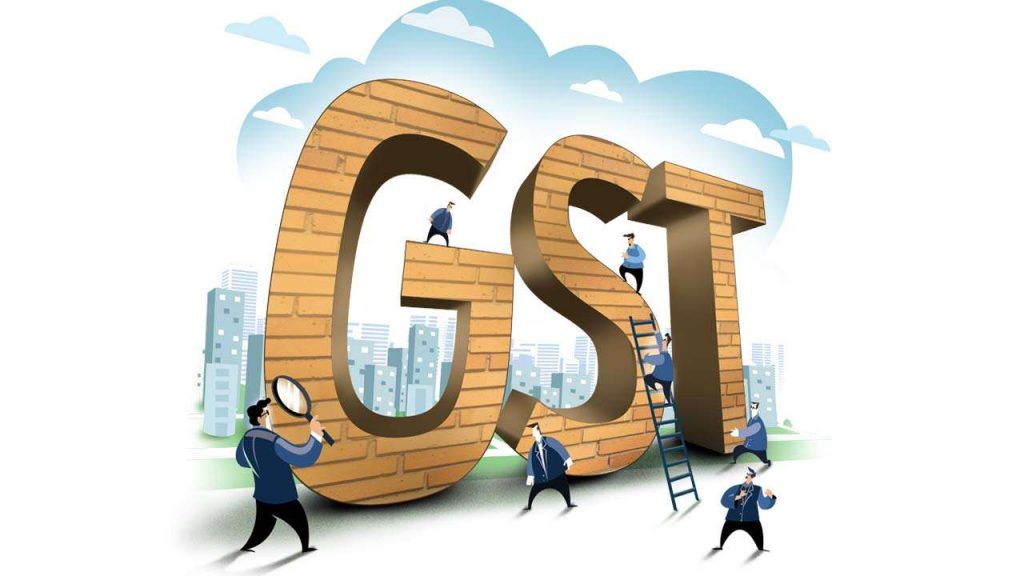In recent years, India’s taxation system has drawn considerable attention, particularly for its impact on the middle class. With GST rates on everyday essentials like packaged popcorn, frozen foods, and coconut water rising, the financial strain on the average household is becoming a growing concern. At the same time, tax breaks and incentives for billionaires and corporations have raised questions about fairness and equity in the system
Indirect taxes like GST are unavoidable and deeply regressive for a middle-class household. Whether you’re buying packaged coconut water for convenience or frozen foods to save time on cooking, the same tax rate applies, regardless of your income. Meanwhile, billionaires often benefit from tax exemptions, incentives, and policies that minimize their contributions, leaving the middle class to shoulder a disproportionate share of the tax burden

Why Are Taxes on Essentials Rising?
Items like popcorn, frozen foods, and coconut water now fall into higher GST categories:
- Packaged Popcorn and Frozen Foods attract an 18% GST, which categorizes them as non-essential items despite their role in urban families’ daily lives
- Packaged Coconut Water: Taxed at 12%, even this health-conscious choice becomes less affordable for many
The rationale behind these taxes is often tied to revenue generation for the government and an attempt to promote fresh, locally sourced alternatives. However, for urban working families, these products are not luxuries—they’re necessities dictated by the pace of modern life
The Inequality Gap: Billionaires vs. the Middle Class
While the middle-class juggles rising costs, billionaires enjoy significant tax advantages. Loopholes in the system allow ultra-wealthy individuals and large corporations to legally minimize their tax liabilities, often paying far less in proportion to their income or wealth
- Corporate Tax Cuts: Recent reductions in corporate tax rates to as low as 15% for new manufacturing units were introduced to attract investment, but they contrast starkly with the 18% GST paid on frozen food by a middle-class family
- Wealth Tax Absence: India abolished its wealth tax in 2015, meaning billionaires contribute less proportionally compared to middle-income earners paying indirect taxes
This disparity creates a system where the middle class finances a significant portion of public infrastructure, subsidies, and welfare schemes, while the wealthiest contribute relatively little in comparison
How the Middle Class Feels the Pinch
For the middle class, taxation often feels like an unavoidable penalty for simply getting by. Monthly budgets are increasingly squeezed as indirect taxes make even basic items more expensive
- Indirect Taxes Are Regressive: Whether you’re a daily wage earner or a billionaire, the GST on packaged coconut water remains the same. This uniformity disproportionately impacts those with lower incomes
- Cost of Living Rises: As GST on essentials rises, households must either cut back on these items or reallocate budgets, affecting their quality of life
Meanwhile, government policies often appear to prioritize the needs of corporations and high-net-worth individuals over the everyday struggles of middle-class families
Is This Tax Policy Necessary?
The government defends higher taxes on processed and packaged goods as a way to promote healthier consumption and reduce reliance on convenience items. However, this approach fails to acknowledge the realities of modern life, where packaged foods and beverages are often essential for busy families
At the same time, there’s little focus on taxing ultra-luxury goods or reintroducing a wealth tax for the ultra-rich. Critics argue that a more balanced approach would involve lowering taxes on staples while ensuring that the wealthiest contribute proportionally to the economy
A Fair Tax System for All
To create a more equitable taxation system, several reforms are necessary:
- Lower GST on Essentials: Items like popcorn, frozen foods, and packaged coconut water should have lower tax rates, recognizing their importance in daily life
- Reintroduce Wealth Tax: A modest wealth tax on billionaires could generate substantial revenue without burdening the middle class
- Increase Taxes on Luxury Goods: Items catering to the ultra-rich should bear higher tax rates, ensuring they contribute fairly to the system
India’s tax system needs to strike a balance between generating revenue and ensuring fairness. The middle class, which forms the backbone of the nation, cannot be overburdened while billionaires escape with minimal contributions
